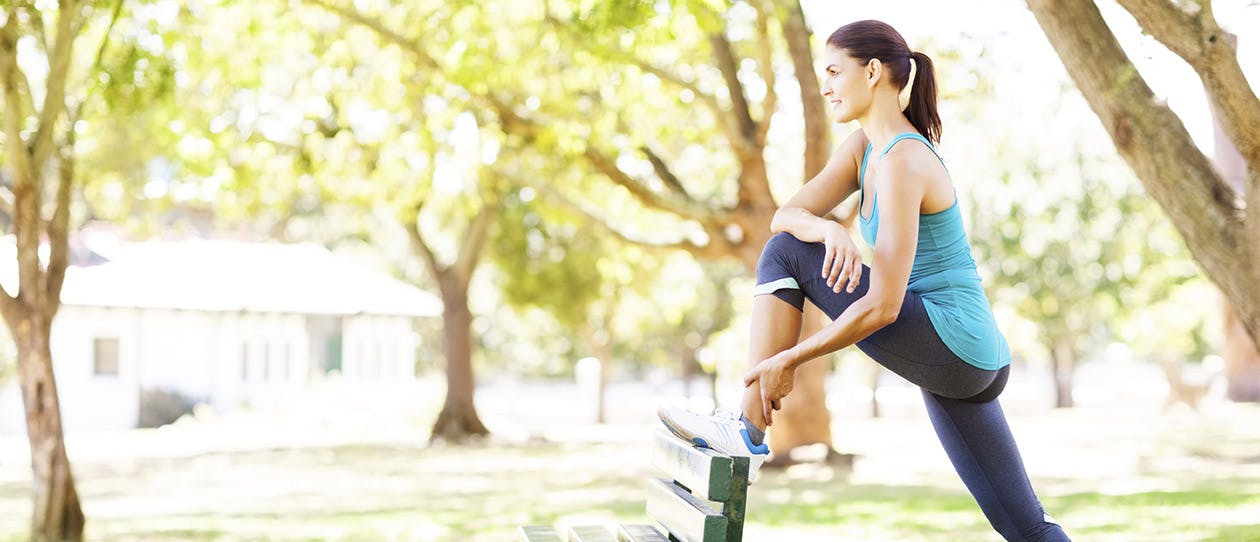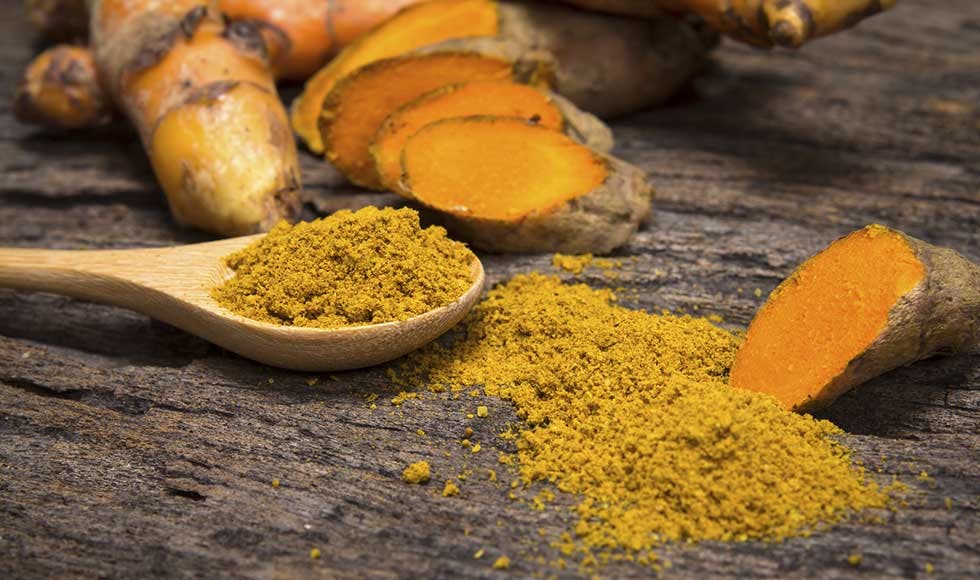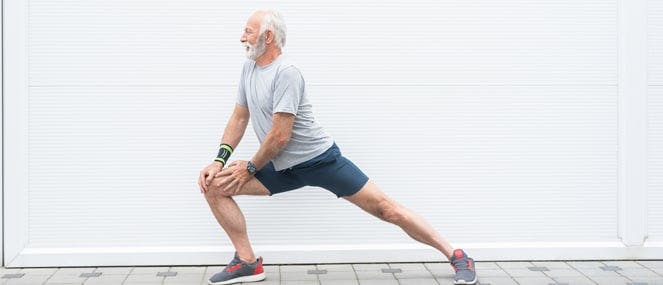
- Health hub/
- Arthritis, joint, bone & muscle/
- Research Reveals New Insights On Stretching


Does stretching prevent injury?
Conventional thinking suggests that it’s wise to perform some pre-workout stretches to help loosen your muscles and tendons and prepare the body for what’s to come. The supposed benefits include improved performance and recovery time, and a reduced chance of injury. It enables you to fluidly move your joints through their full range of motion. But new research has emerged suggesting that stretching before and after exercise may not be all that it seems.
The research
A study reported in the British Journal of Sports Medicine looked at more than 2100 physically active adults over 12 weeks.
One group of participants performed a series of lower limb and trunk muscle stretches (held for 30 seconds) before and after physical activity, while the control group was asked not to stretch.
The authors found that stretching before and after physical activity did not appreciably reduce the risk of all injuries. However, there were some positives to come out of the study. Stretching was found to produce a small reduction in the incidence (by 7.8 percent) and severity of muscle soreness. The study also suggested that stretching may reduce the risk of injury to muscles, ligaments and tendons
People who perceived stretching after exercise as important to prevent soreness, also experienced less soreness after stretching.
The authors recommend that individuals use this information to balance out the benefits of the small reductions in soreness, small increases in looseness and a possible reduction in risk to muscles, ligaments and tendons with the time it takes to stretch.
Did you know? - Research suggests that stretching before and after exercise does not significantly reduce the chance of injury, but it may help to reduce muscle soreness.
Implications for your fitness regime
Some people might feel psychologically unprepared if they don’t stretch pre-workout, especially if the exercise is intense. There is certainly a good argument to perform stretching exercises if you enjoy stretching, or if you perceive that it reduces soreness or increases looseness. But there are other strategies that may also help to reduce your risk of injury during exercise, including these:
- Prepare your body – Train your body to meet the demands placed upon it by your chosen sport or activity, including its movements, body requirements and the major muscles involved. The emphasis on strength, endurance, speed, agility, power and flexibility will differ between sports and activities, so consider these variables when mapping out a training routine
- Ease on in – Ease yourself into any activity, and don't go too hard too early. This is especially important if you are returning from injury, taking part in a new activity, or becoming active after a long period of rest. Give your heart, lungs and muscles time to adapt to the new demands placed on them.
- Warm up – The purpose of a warm up is to prepare your body for exercise, and ease you from a resting state into an active one. The key aspect of warming up is to elevate your heart rate with an exercise that targets the specific muscles involved in your activity. For example, a cyclist would be better off warming up on an exercise bike rather than using a rowing machine. If stretching is a regular part of your pre-workout routine, just make sure to do it after your heart rate is elevated, not beforehand.
- Cool down – Cooling down should be a continuation of exercise at a lower level following your activity, allowing the body to adjust to a resting state. Avoid a sudden stop to your activity. This is also a good time to perform stretching exercises, as they have been shown to reduce muscle soreness afterwards.
References available on request




